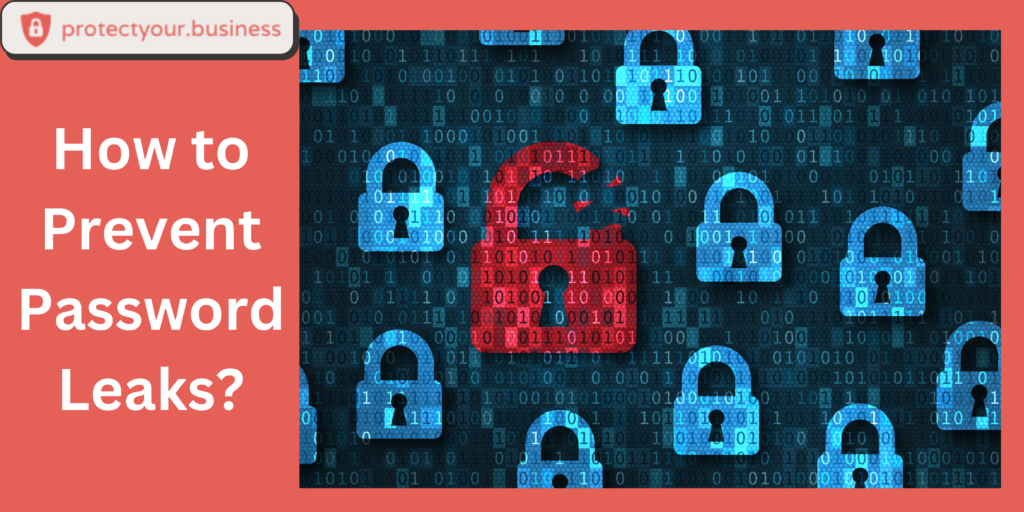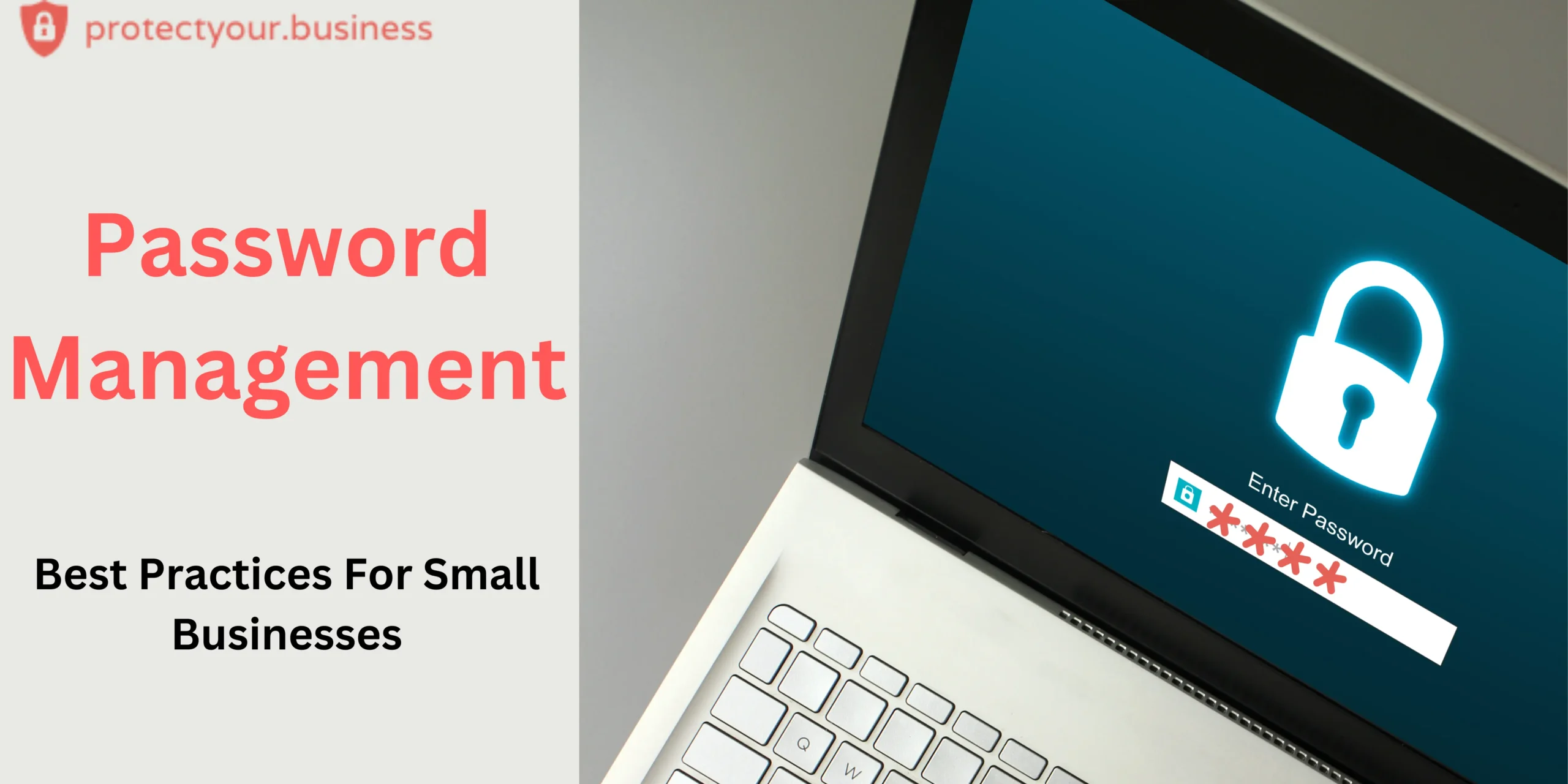
Passwords pose a significant inconvenience when using the internet. Each time we register for a new service, we are required to create new passwords, adhering to seemingly arbitrary rules. As a result, most individuals end up with 50 or more passwords to remember. Unfortunately, this often leads to password leaks due to the unhealthy practice of reusing passwords across multiple or even all services they use.
Consequently, these passwords become more valuable than anticipated, especially if a website experiences a security breach and exposes the stored passwords.
More than 60% of people reuse the same password across multiple sites
How do passwords get leaked?
The primary source of password leaks arises from successful hacks targeting websites or servers that store user information. Such breaches occur when administrators misconfigure their infrastructure or leave vulnerabilities open to known or unknown security issues.
Once attackers obtain these passwords, they can potentially impact thousands or millions of accounts, depending on the size of the user base. Subsequently, some malicious individuals attempt to profit by selling these stolen passwords to the highest bidder or sharing them within the hacker community. Typically, these leaked passwords come paired with linked usernames or email addresses.
What happens when there is Password Leaks?
As the number of individuals accessing these leaked passwords increases, so does the likelihood of causing harm. Hackers, having obtained these passwords, will attempt to use them on various services to identify victims who have engaged in the dangerous practice of reusing the same username and password combination across multiple sites.
Once the hackers discover a successful match, granting them access to an account, they proceed with their individual scams. These scams can range from perpetrating fake ad-clicks to spreading misinformation, or even resorting to blackmailing the victim for money. The consequences of such unauthorized access can be significant and often lead to financial and personal losses for the victims.
How do I know if my passwords have leaked?
The website haveibeenpwned.com provides a straightforward method for individuals to check whether a password linked to their email address has been exposed in a password leak.
To use the service, visit haveibeenpwned.com and enter your email address into the provided field. Upon submission, the website will promptly inform you whether passwords associated with that email have been discovered in any known data breaches. This way, users can proactively assess the security of their accounts and take appropriate measures to protect their online presence.

Once you enter your email address on the website haveibeenpwned.com and if it’s associated with a leaked password, the site will display a list of data breaches in which your email address and linked password have been found. This information allows you to identify the specific security breaches where your credentials were compromised, enabling you to take necessary actions such as changing passwords, enabling two-factor authentication, and enhancing overall online security. Being aware of the affected data breaches empowers users to better safeguard their accounts and personal information from potential misuse by malicious actors.
What do I do if I’m part of a password leak?
Experiencing security breaches and subsequent notifications is a common occurrence on various websites. In such cases, website operators may send their users notifications regarding the breach, along with instructions on how to proceed.
As a general safety measure, it is crucial to change the password used on the affected service to something strong and unique. Additionally, if you are aware that the same password is used on other sites, it is highly recommended to change it on those platforms as well. This practice ensures that the potential risks of password reuse are minimized.
Given the frequency of these breaches, it is essential to regularly check haveibeenpwned.com. Setting a schedule to check the website every 2-3 months is a prudent starting point for staying proactive about the security of your online accounts. By being vigilant and proactive in managing your passwords, you can significantly reduce the risk of falling victim to unauthorized access and potential security threats.
- Don’t Assume Anything in Cybersecurity - January 13, 2026
- What Actually Are AI-Powered Cyber Attacks? - January 7, 2026
- How to Identify Insider Threats? - June 13, 2024



